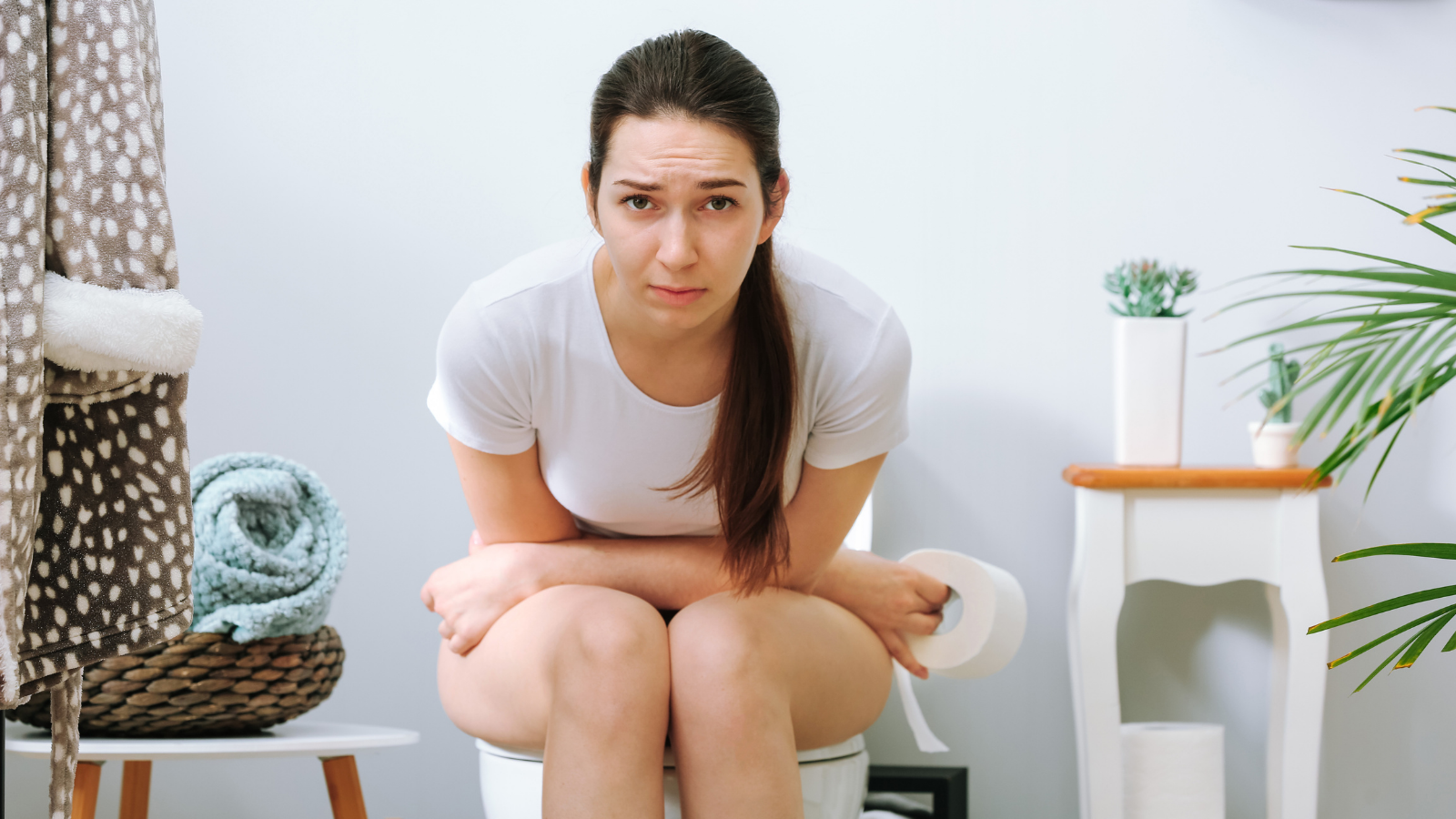The Gut–Pelvic Floor Connection: Why Constipation Matters

When we think about digestive health, we often focus on what we eat, how often we go, and avoiding bloating. But did you know that your gut and pelvic floor are closely linked? For many people—especially those experiencing chronic constipation—this connection can impact not only digestive comfort but also pelvic health, posture, and quality of life.
How Are the Gut and Pelvic Floor Connected?
The pelvic floor is a group of muscles located at the base of the pelvis. These muscles support vital organs like the bladder, uterus (in women), and rectum. They’re also responsible for bowel and bladder control. When you have regular bowel movements, your pelvic floor muscles contract and relax in a healthy rhythm. But when you’re constipated, things get disrupted.
Chronic constipation often causes people to strain while trying to pass stool. Over time, this repeated straining places stress on the pelvic floor muscles, leading to:
Pelvic floor dysfunction
Rectal prolapse
Hemorrhoids
Painful bowel movements
Difficulty fully emptying the bowels
In women, this can also lead to bladder issues, increased pressure during menstruation, or discomfort during intercourse.
Chronic constipation often causes people to strain while trying to pass stool. Over time, this repeated straining places stress on the pelvic floor muscles, leading to:
Pelvic floor dysfunction
Rectal prolapse
Hemorrhoids
Painful bowel movements
Difficulty fully emptying the bowels
In women, this can also lead to bladder issues, increased pressure during menstruation, or discomfort during intercourse.
Signs Your Constipation May Be Affecting Your Pelvic Floor
If you’ve been dealing with long-term constipation and also experience any of the following, your pelvic floor may be involved:
Sensation of incomplete bowel evacuation
Pain or pressure in the lower pelvis
Needing to reposition or use your hands to assist with a bowel movement
Increased urinary urgency or leakage
These are signs that your body is compensating for weak or uncoordinated pelvic muscles.
Sensation of incomplete bowel evacuation
Pain or pressure in the lower pelvis
Needing to reposition or use your hands to assist with a bowel movement
Increased urinary urgency or leakage
These are signs that your body is compensating for weak or uncoordinated pelvic muscles.
What Can You Do About It?
The good news? You don’t have to live with the discomfort. Pelvic Floor Therapy can help retrain the muscles, improve coordination, and ease constipation symptoms. At Elite Physical Therapy, we work with clients in the Chicago area to:
Teach proper breathing and bowel movement techniques
Improve pelvic floor muscle coordination
Address core and postural alignment
Relieve tension in overactive muscles
In some cases, simple adjustments in diet, hydration, and toilet posture (like using a stool under your feet) can complement physical therapy and lead to major improvements.
Teach proper breathing and bowel movement techniques
Improve pelvic floor muscle coordination
Address core and postural alignment
Relieve tension in overactive muscles
In some cases, simple adjustments in diet, hydration, and toilet posture (like using a stool under your feet) can complement physical therapy and lead to major improvements.
📍Conveniently located in Willowbrook, IL, serving Willowbrook, Hinsdale, Oak Brook, Woodridge, Lemont, Naperville, Clarendon Hills, Elmhurst, La Grange, and Downers Grove.
📞 Call us today at (630) 299-5870 to schedule an appointment
💻 Book your consultation online at www.elitephysicaltherapyclinic.com
📞 Call us today at (630) 299-5870 to schedule an appointment
💻 Book your consultation online at www.elitephysicaltherapyclinic.com



